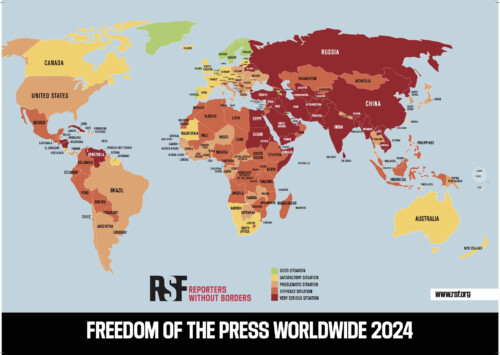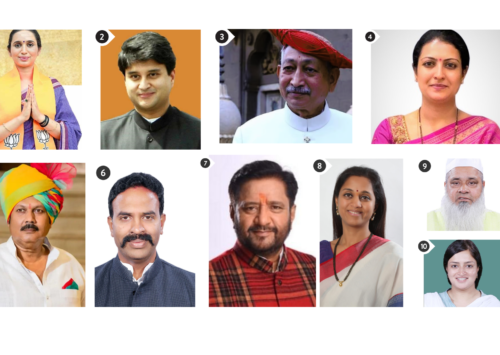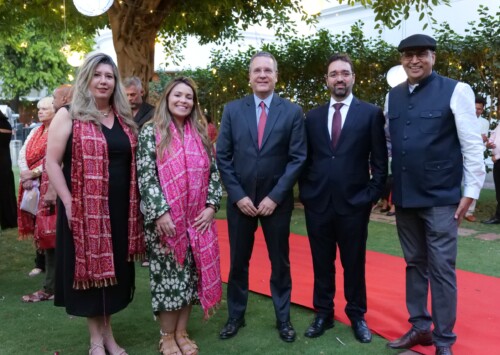India should use G20 to push climate justice & developmental goals
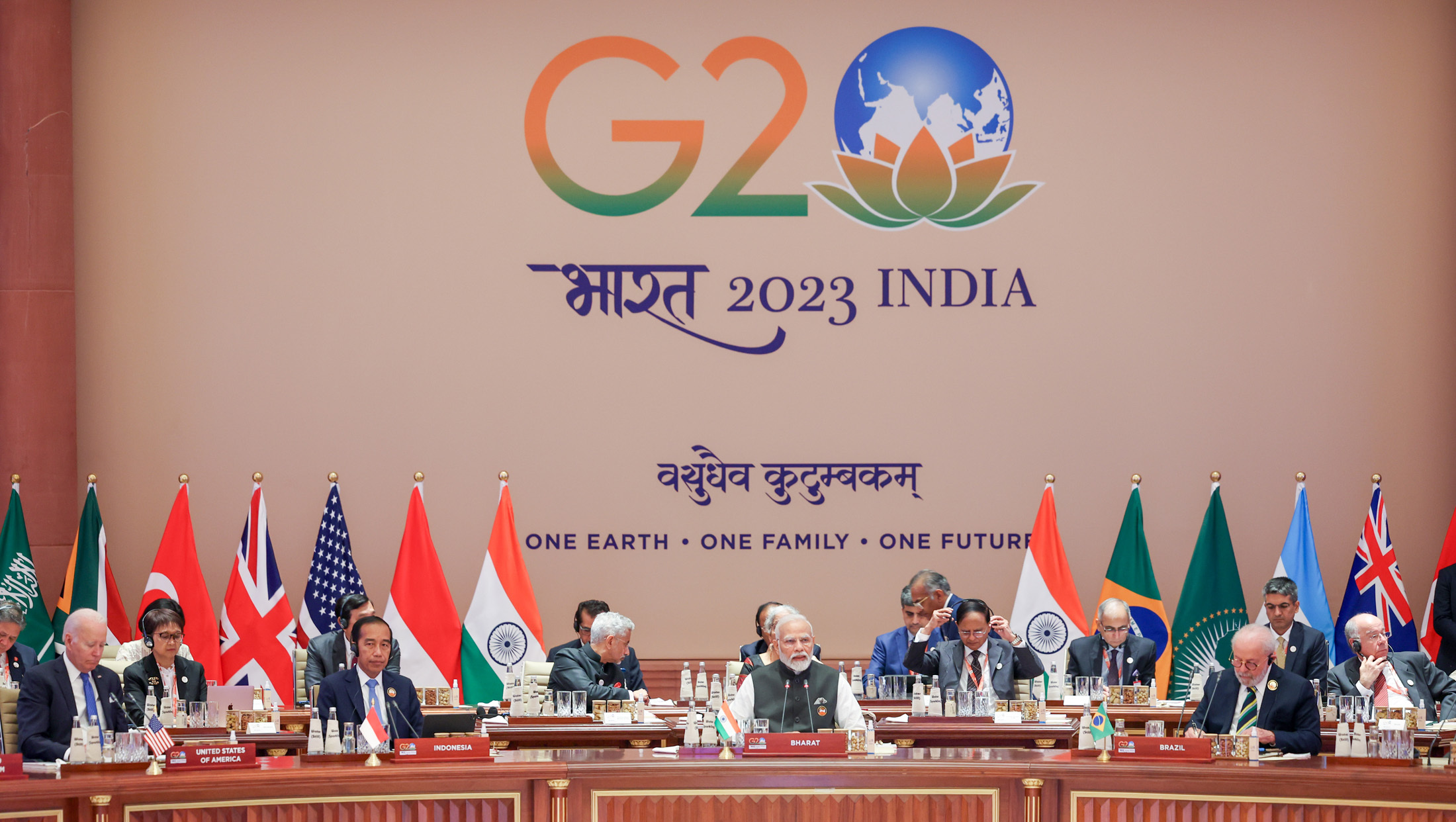
The G20 summit, hosted by India after a year of preparation and high expenses, has commenced in New Delhi.
The crescendo of India’s year-long high-profile and even higher cost presidency of the G20 group of nations is finally here as leaders of the world’s most powerful gathering, outside of the United Nations, begins in New Delhi today.
India and especially Prime Minister Narendra Modi, as is his vogue, has turned a rather sombre and serious grouping of nations that is meant to discuss critical challenges facing the world and prepare a consensual response to it, into a high-profile, high-visibility live television drama and the Summit in New Delhi can be seen as the Grand Finalé of this year-long campaign that seeks as much to project Modi as a global leader, as it projects the Indian power.
But the time for the dramatics is over and now is the time for India to get to the brass tacks and ensure that the summit produces a result that addresses the core issues that the world, especially the developing world, faces.
And outside of the United Nations, G20 is the grouping that can try to arrive at solutions to these and other challenges facing the world. After all, G20 countries represent close to over 67 pc of the global population, 75 pc of global international trade and 80 pc of the Gross Domestic Product of the entire world.
With seven of the largest developing nations as its members, G20 is a far more inclusive group than the G7, which is entirely a club of the rich countries. However, so far, the 13 developed country members have tended to dominate the agenda and the outcomes of the G20 gatherings so far, despite attempts by developing country members to bring their issues to the table.
For decades, India has seen itself, and quite rightly so, as the voice of the developing world or Global South in the new parlance. It has carried on battles, at times alone, or at times in concertation with fellow developing nations, at various fora, ranging from the negotiations under the now-stillborn Doha Development Round of the World Trade Organisation or the ongoing struggle for climate justice and equity under the highly complex climate change negotiations.
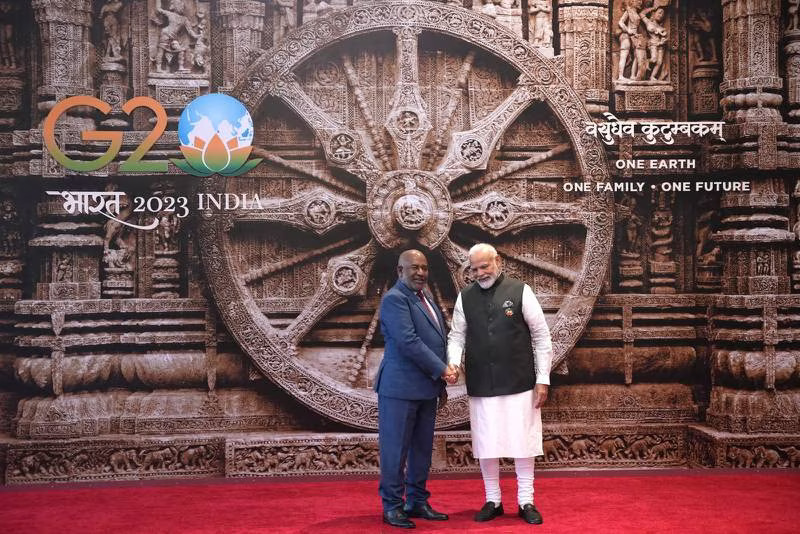
African Union Chairman and President of the Union of the Comoros Azali Assoumani upon his arrival at Bharat Mandapam convention center for the G20 Summit
In this context, the New Delhi meeting presents a unique opportunity for India and indeed the entire developing world to make significant progress on the issue of giving a proper representation and adequate voice to the developing nations at important international gatherings or organisations like the G20. In that way, even before the summit opens on Saturday, India has managed to advance on this issue since it has invited a large number of Arab and African nations to participate in the meeting at least as invitees or observers.
But India needs to ensure that the Delhi Summit produces much more than that. And this is where it faces the biggest hurdles, two to be precise. The first is of course the very serious risk that the Western countries will hijack the meeting to project their concerns over the situation in Ukraine, which is in effect a proxy war between Russia and the West over the future of the fringes of Europe that lie in Russian backyard.
While the issues of democracy and non-interference in affairs of other countries are certainly important, the Western track record – past, present or even future – is anything but what it is preaching about Ukraine. The list of countries where the West has proactively destablised democracy and brought in its own puppets, often through coups d’états, is too long to be enumerated here.
So far, the Western leaders have indicated that they will not agree to any joint communiqué unless it carries clear condemnation of Russia for the Ukraine war. Even if India itself agrees to it, which is highly unlikely given its own relationship with Russia, this is a demand that India will find almost impossible to get past many nations, including Russia, China and perhaps even Saudi Arabia and Turkiye.
The other major challenge for India is more of its own making, playing more like the B-team for the United States in its cold war with China. While India has serious issues to be raised and resolved with China, it is hardly helpful if China sees India playing like an ally of United States in the battle for control over the IndoPacific region.
India, acting on its own, should do whatever it takes to safeguard its interests, but it should desist from visibly joining any camp since in politics there is nothing like common interest, especially when the power equation between the so-called partners is as distorted as it is between the US and India.
Thus, India should reach out to China and get the G20 discussions on issues where both the countries have common ground – climate justice, access for developing nations to the markets of developed nations, reorganisation of the international financial systems and so on.
India’s first priority, as host and as a country that is as much a victim of the climate crisis as is any other developing nation, should be to nudge, or even force, the rich nations into making clear commitments and create a mechanism to translate into action on the ground the numerous promises of the rich countries to help the developing countries deal with climate change through funding of over USD 1 trillion a year as well as by provision of technology and other know-how.
It has been a decade since these promises have been made but violated thoroughly. Two months before the next climate change meeting, COP28, begins in Dubai, India must forcefully put forth the developing countries’ agenda on climate justice, which can only happen if the rich countries cough up the trillions they owe.
And for this to actually transpire, India would need China’s wholehearted support. Just as it would need in getting the rich world to loosen its iron grip on the current global order, notably of the international financial organisations.
Thus, India’s focus at this meeting has to be work with China, even if it may be indigestible to some of the elements of the current dispensation or even to Modi himself. Only then can Modi and India aspire to reach the position that he aspires to.

